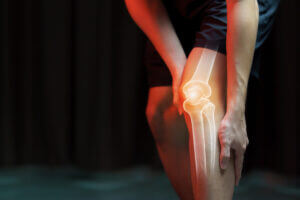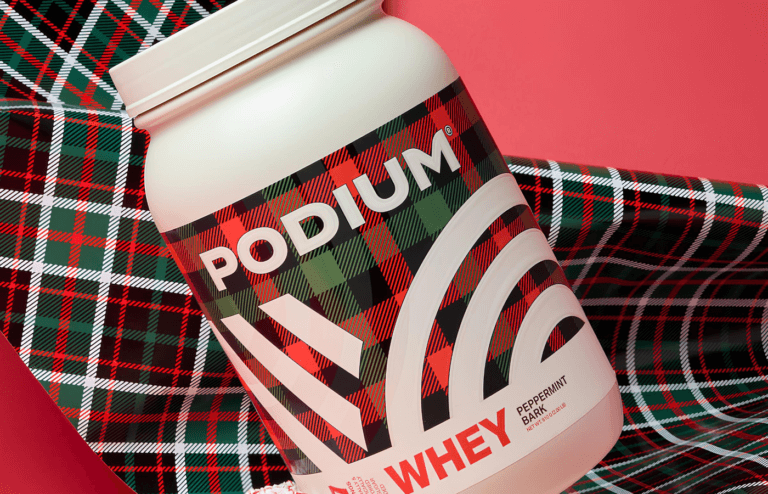Author: Jess Hillard
Protein is well known for playing its part in muscle gain and repair, improving mood, promoting fat loss, and so much more. Eating more protein is not only for athletes or hard-core gymgoers, but a key part of any individual’s life.
People often confuse protein for bulking, however high protein diets offer a myriad of health benefits. To identify these, Muscle and Health caught up with Jess Hillard, nutritionist at leading sports nutrition brand, Warrior who talks us through the numerous benefits a protein-rich diet has to offer.
Nutrients to Function

Protein is made up of 20 amino acids which are essentially the building blocks of what makes up protein. There are nine essential amino acids, which need to be consumed through food or supplementation. To rebuild muscle fibers, we must take in foods with these essential amino acids. Animal protein sources contain all nine, so eating a single protein source such as chicken, dairy, or eggs can provide you with all the necessary nutrients. If you’re struggling to get enough protein in the day, protein bars are a convenient way to up your intake. Warrior CRUNCH bars or Warrior RAW flapjacks, contain up to 20g of high-quality milk protein, with less than 3g of sugar per bar, and come in a variety of delicious flavors.
Build and Repair Muscle

The most common and known benefit of protein intake is for muscle recovery and growth. Protein is far more complex than some may realize, and it’s extremely important to increase your protein intake, especially if you are looking to build more muscle, and transform your physical health. However, it is important to remember that whilst research shows that dietary protein supplementation can help to repair and grow muscle, it should not be overconsumed. The recommended daily allowance is 1.6g/kg/day. Consuming more than this has not shown any greater effects on muscle growth and recovery.
Aging and Osteoporosis

Aging can have a huge impact on muscular atrophy (loss of muscle mass). As people age, they have a higher rate of protein catabolism, which means that they can’t utilize protein as efficiently as younger people. Elderly people can often suffer from osteoporosis, a health condition that weakens bones, and is is commonly associated with calcium deficiency. Protein has been shown to have a huge impact on the progression of this disease with age. Research shows that those with a higher protein intake, have a slower rate of bone mass loss, and a reduced risk of hip fracture. T
Weight Loss

A protein-rich diet offers huge benefits to people who are trying to lose weight, as it increases satiety whilst being low in calories and helping with muscle recovery. However, it is important to eat a balanced, varied diet and not to neglect certain food groups.
Mood Boosting

The central nervous system requires amino acids found within foods, to help with optimal brain function and overall cognitive performance. The main amino acid that improves brain function is tryptophan, which can be found in protein-rich foods including chicken, egg whites, milk, and seeds (sunflower, pumpkin). Reduced levels of tryptophan within the brain have been found to be linked to depression and aggression, and research concludes that when we are experience feelings of depression, aggression or stress, amino acids within the brain (that we consume via protein) become more important and improve brain function. So there you have it, eating more protein can help your overall health in so many ways. Something to keep in mind.






